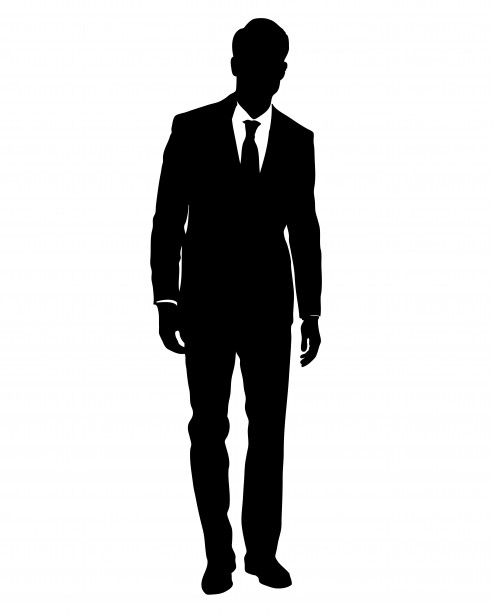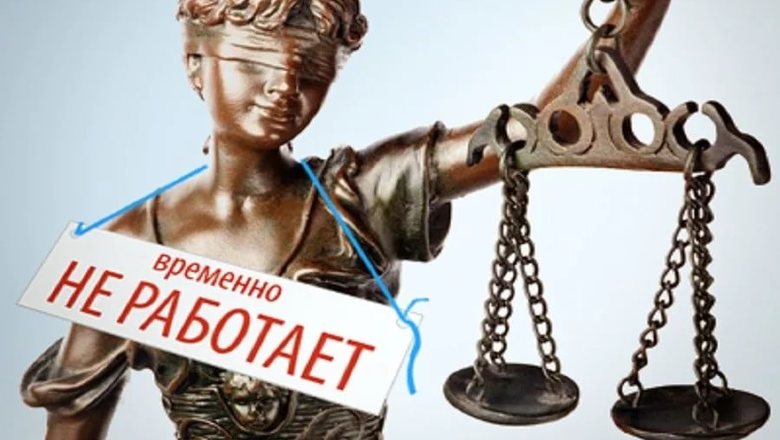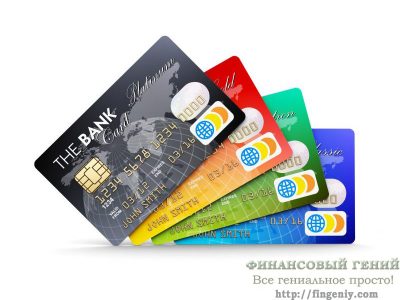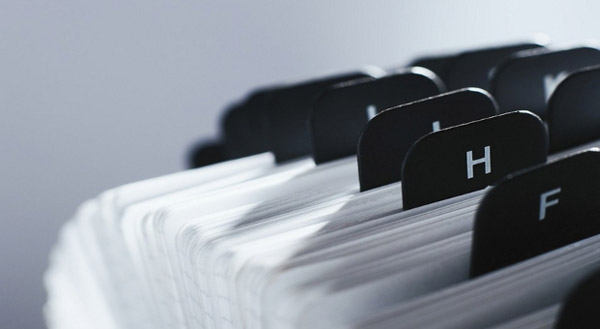Hey.
On the topic of today's material, I was prompted by the recent news that the developers of the once sensational Find Face service came up with a new identification tool, this time by the silhouette of a person. According to the developers themselves, the silhouette of a person is the same unique characteristic as the retina or fingerprints, and in the near future, trained algorithms will be able to accurately identify a person only by the silhouette.

On the one hand, this news seems to be an excellent proof of the triumph of science and digital technologies, which provide unprecedented opportunities and open the door to another reality, where crimes will be solved much easier and faster, where you will not need to carry a bunch of documents with you, since the person himself with its set of unique parameters it will become a document with which it will be possible to identify this very person with great accuracy.
But all this is true for utopia – an ideal world in which there is no corruption, abuse, disregard for personal data on the part of organizations involved in the processing of these very personal data, and many other vices, alas, inherent in the objective reality in which you and I live .

The question is not even about the possibilities and their use for evil, the question is rather that these very data are currently not protected in any way and are, in fact, freely available.
One of the nuances of this attitude, which, to put it mildly, surprised me, is how banks began to treat the personal data of their clients, namely, the safety of bank card data. You don't need to go far for an example – now many banks, when replacing an expired card, issue new cards not in an envelope, but just like that, without any protection.

Thus, a huge number of people from the bank's employees have access to all the card data, who can write down, photograph this data, and then after some time, personally or with the help of third parties, use them for mercenary, criminal purposes. The answer of one of the banks to the complaint of such a client, who was outraged by this fact, is touching: “We carefully select employees whose honesty we are sure, which means that there can be no data leakage.”
In my opinion, it sounds ridiculous and at least unprofessional considering the number of leaks of personal data of clients from banks in recent years. Personally, I am not so optimistic about the honesty of bank employees and would be glad if my cards were handed over to me in a sealed envelope upon reissue. In this case, if a disputable situation arises, the circle of suspects will be much, much narrower. At least some semblance of security.
The situation with maps is just an example of the fact that in modern reality, great opportunities can turn into big problems due to inappropriate attitudes towards the safety of this very data.
The same applies to other services that offer any kind of processing of your personal data, including your photos.
We are talking about entertainment services such as FaceApp, DeepFake and others.

Alas, few of the users of such services, when uploading their photo there, think about where, and most importantly, why all this data flows. How can they be applied afterwards? Who can guarantee their safety?
Yes, worrying about this is most often just paranoia (the tinfoil hat is already on me), since most of such data is used to train these algorithms and, perhaps, is not even stored for a long time, but it is not in vain that they say that if you do not have a persecution mania, this does not mean that you are not being followed.
Every day we are faced with the process of collecting our personal data, which occurs without our knowledge – we are filmed by external surveillance cameras, both private and municipal, we are photographed by traffic police surveillance cameras, and if in the case of private cameras this information is unlikely to go somewhere goes, then about the traffic police cameras, I would not be so sure of that.
In addition to receiving our image without our knowledge and consent, we ourselves share our other personal data when receiving a particular service. For example, we agree to the collection and processing of personal data when issuing loyalty cards in retail chains, and sometimes the desire to receive your personal data takes on an unhealthy form and turns out to be stronger than the fear of breaking the law, as happened to me the other day in one of the stores of the RivGosh retail chain in the city of Ulyanovsk, where the store employees refused to sell me goods without a card.
In response to my refusal to issue a loyalty card, an employee at the checkout began asking other buyers who were nearby if they had a card so that she could make a sale by scanning someone else's card in my check.
To my objection that I do not want someone's loyalty card to appear on my check, which means that the data of another person, the employee said that otherwise she would not be able to sell me the product, since this is impossible due to the fact that purchases without a card 'does not pass the system'.
I fully admit that this is not a whim of a specific employee, but a directive issued from above aimed at personalizing the customer base, but it’s surprising that for the sake of this data, the retail chain is ready to go in direct violation of the law through non-compliance with the terms of its own public offer and illegal refusal to purchase. On this topic, the law clearly states that the purchase of one service or product cannot be conditioned by the need to purchase another service or product.
But I will deal with this situation with the involvement of Rospotrebnadzor and other regulatory authorities, since there is a video showing this refusal.
The main thing is that this situation once again shows how valuable personal data is beginning to have and that the price of this data will grow every day.

Already today, retail chains are actively exchanging data about their customers to increase the relevance of advertising offers through their personalization. This is today and tomorrow?
And tomorrow, no one canceled BigData, which will allow creating a personal virtual portrait of a person, which will be no less real than the person himself. The result of this kind of change will be the ability not only to track a specific person and influence his life, which is already happening, for example, in China, through a social rating, but also to predict the behavior of this very person with high accuracy, and therefore, if necessary, guide him and push to any actions or, conversely, to turn away from certain steps.
And returning to the thought expressed at the beginning, the main thing is that all this does not fall into the wrong hands.
Reflecting on this topic, I caught myself trying to turn away from surveillance cameras, especially from traffic police cameras and cameras located on departmental buildings, and began to do this automatically, although I understand that this is more paranoid, especially when you consider the fact that periodically I post my image in my own articles. On the other hand, the picture in the article is not a way of knowing where I have been or what I am doing.
The funny thing is that I do this, despite the fact that I have nothing to hide, as I am a law-abiding citizen. However, something inside makes me try to minimize the amount of data about myself, which I voluntarily share with the surrounding spies.
Alas, today's reality is already such that the average man in the street, whether he wants it or not, leaves a lot of traces, including virtual ones, by which he can be easily identified, and therefore tracked.

If you do not take into account the marketing component, this is hardly a problem, since all this data collected, for example, by the state, turns out to be nothing more than statistics due to the fact that such an ordinary person is personally uninteresting to the system, which means there is no reason for concern . But where is the guarantee that tomorrow this very person will not become an important figure? And then what? And then all those faceless statistics may turn out to be not even statistics. And useful data that can be used in relation to this very person for one purpose or another.
And the degree of impact that can be exerted will depend on how much of this very data turns out to be.
It is difficult to draw any concrete conclusion from this, as well as to give any advice, since today almost all of the above are horror stories, but what will happen tomorrow? Therefore, in this situation, I prefer to adhere to the paraphrased advice – take care of honor from a young age, today it is all statistics and a scattered amount of data, and tomorrow – who knows …
And in this regard, I have a question for you, dear readers – do you follow what traces you leave on the network and do you try to reduce the amount of publicly available data about yourself?
